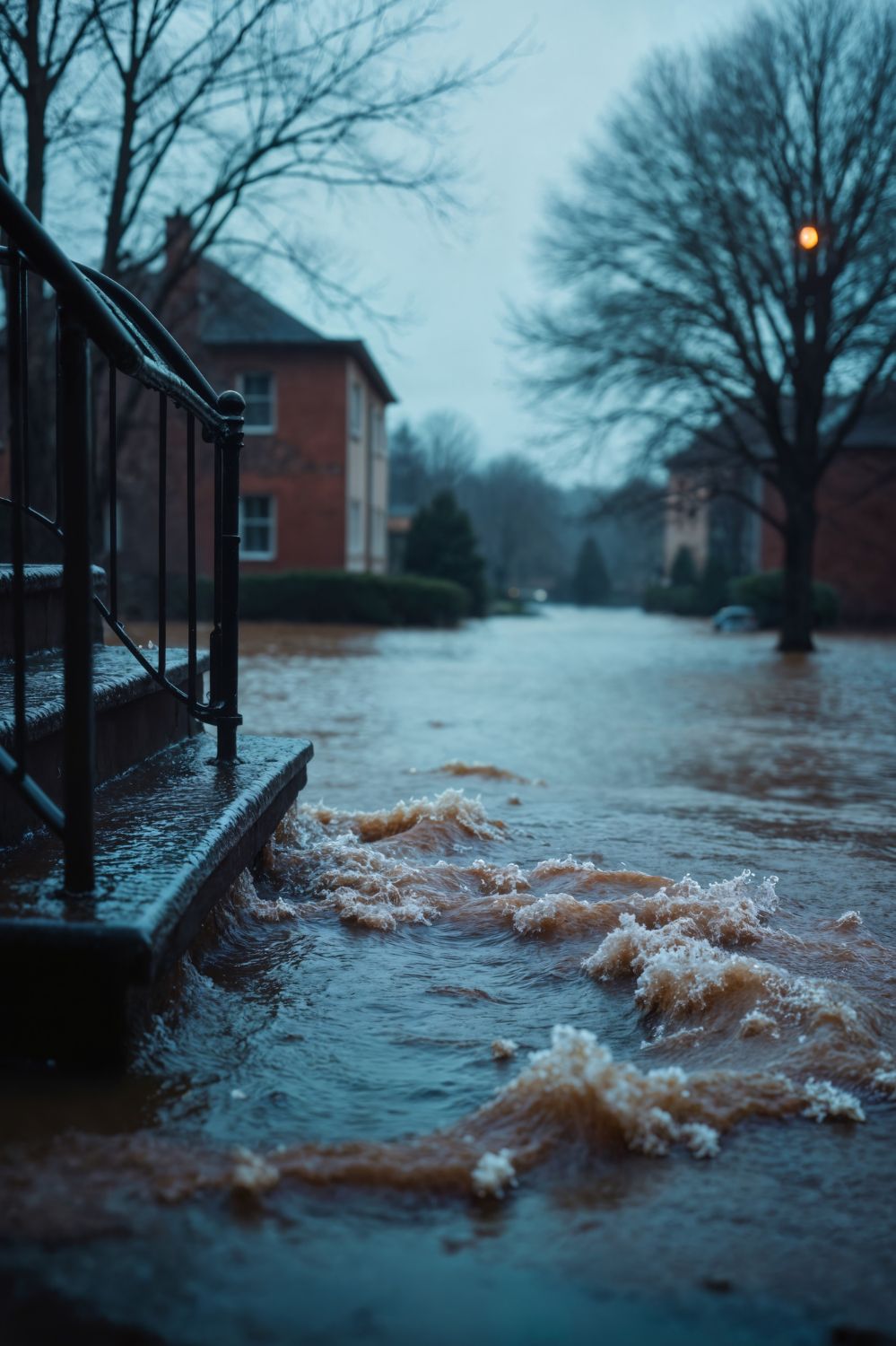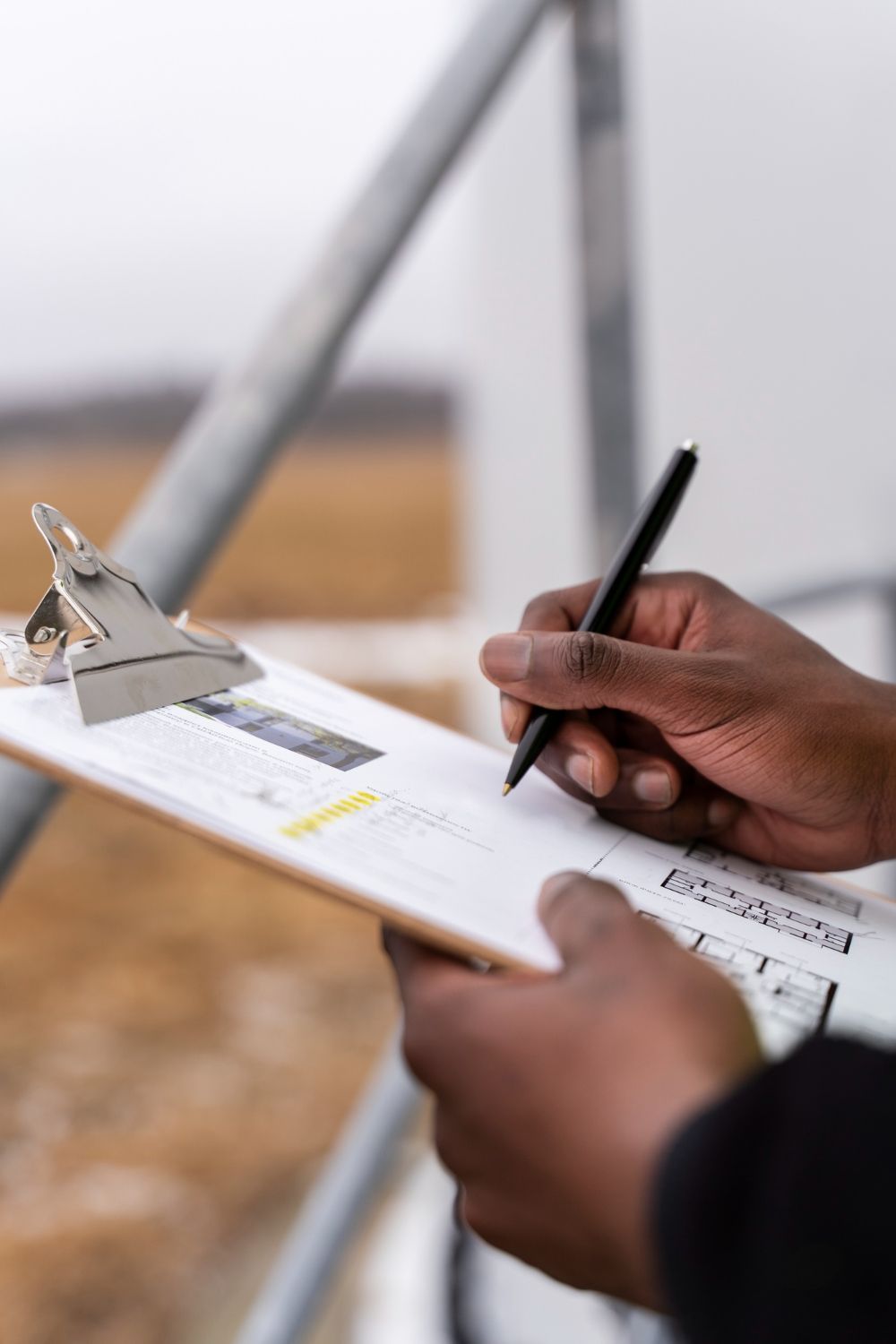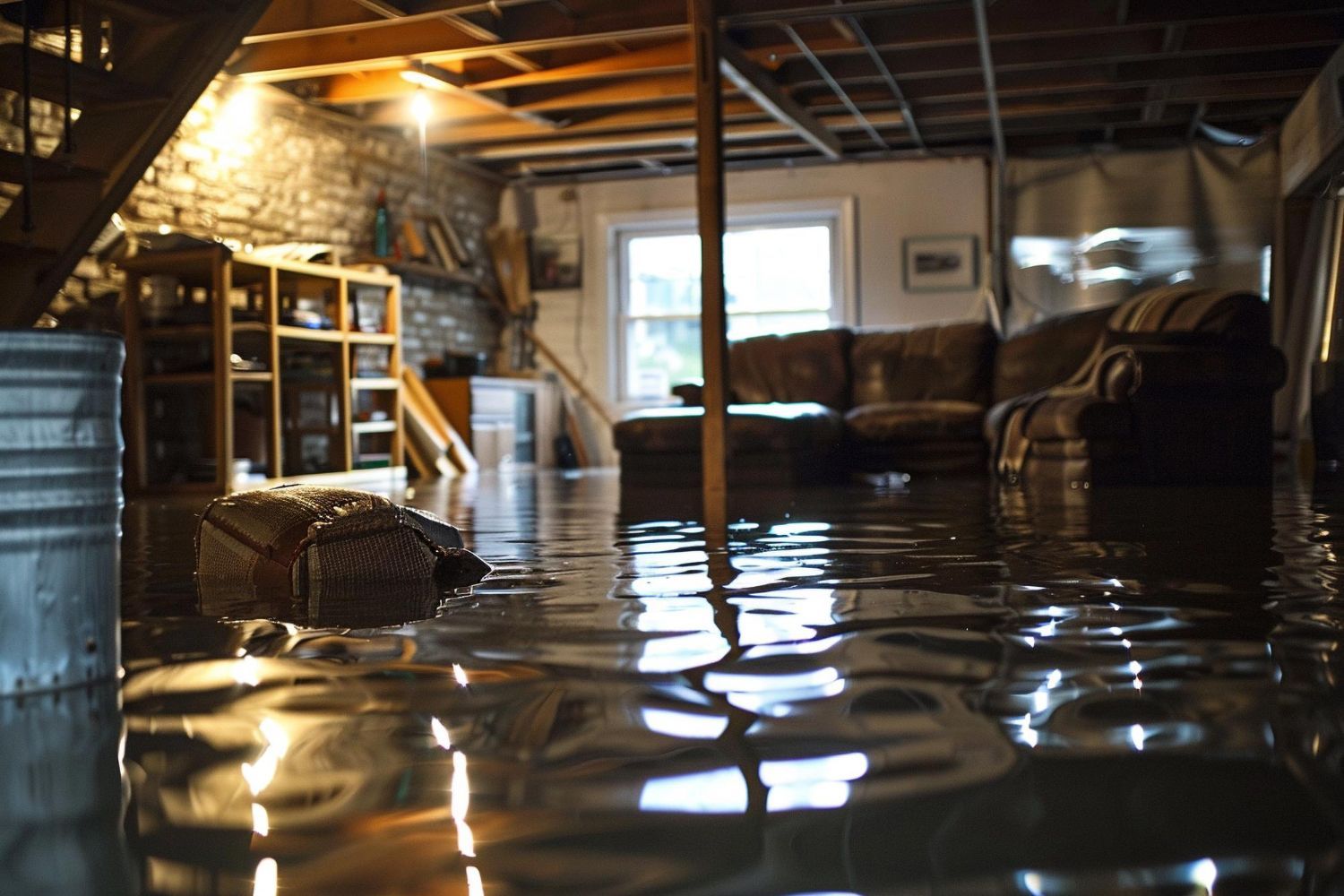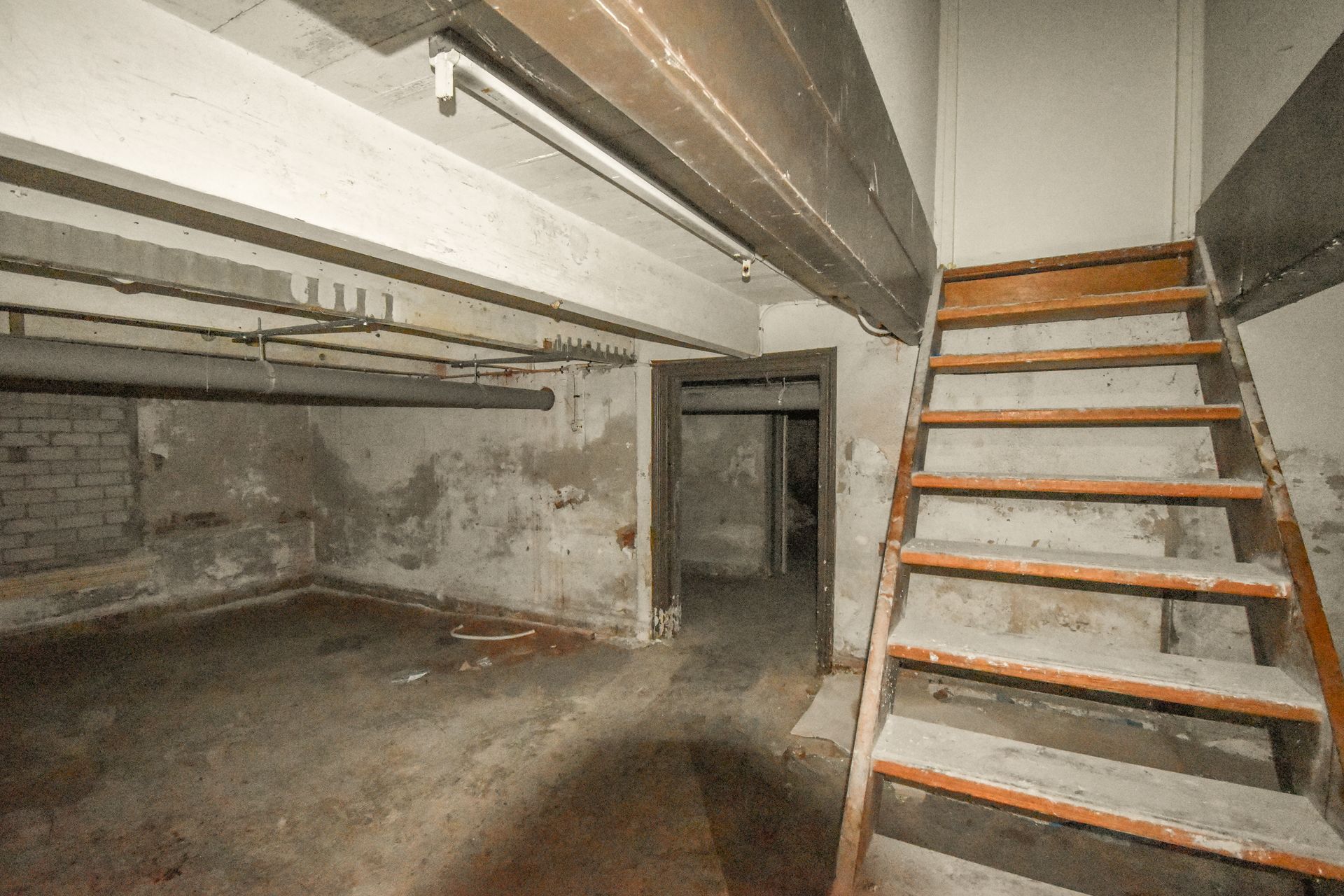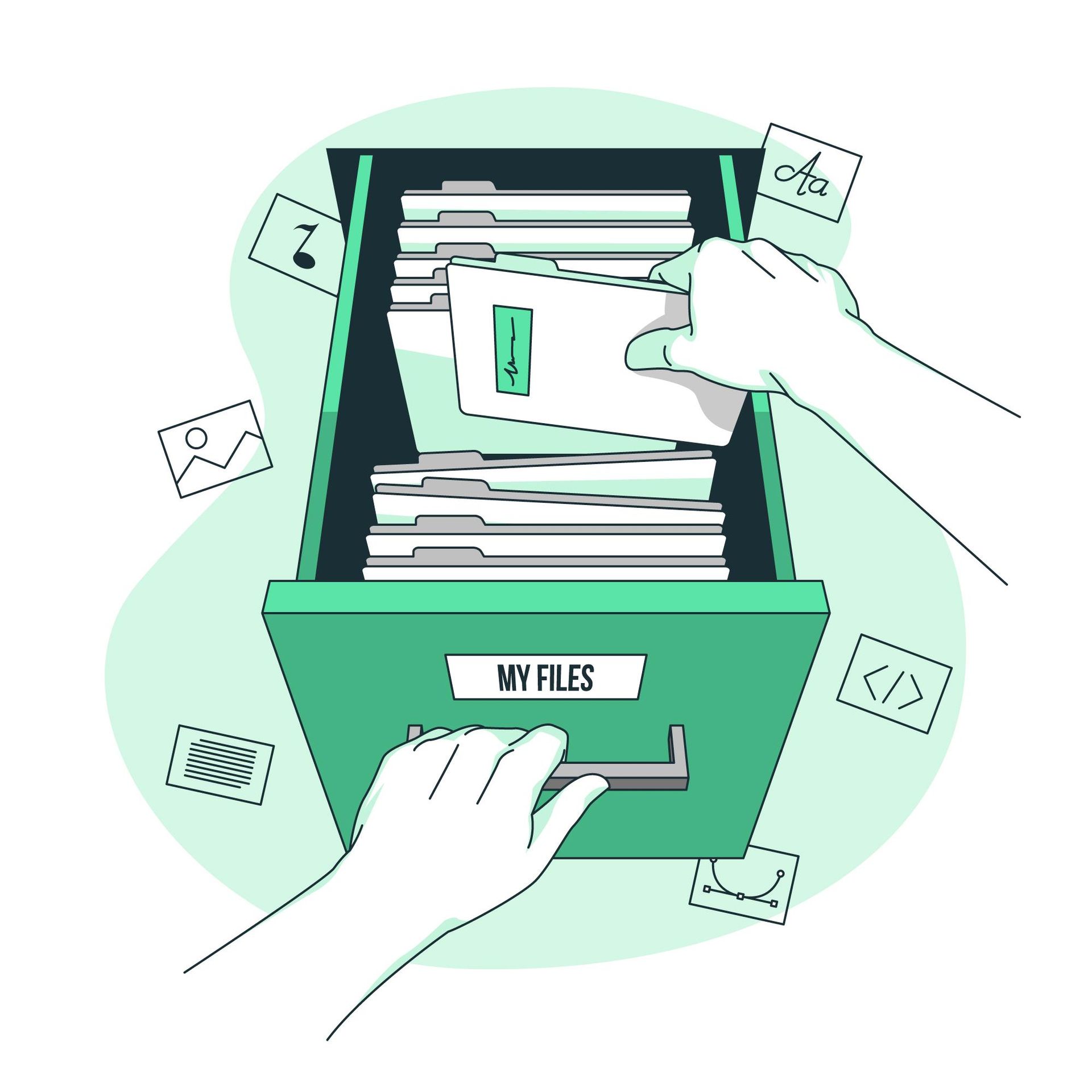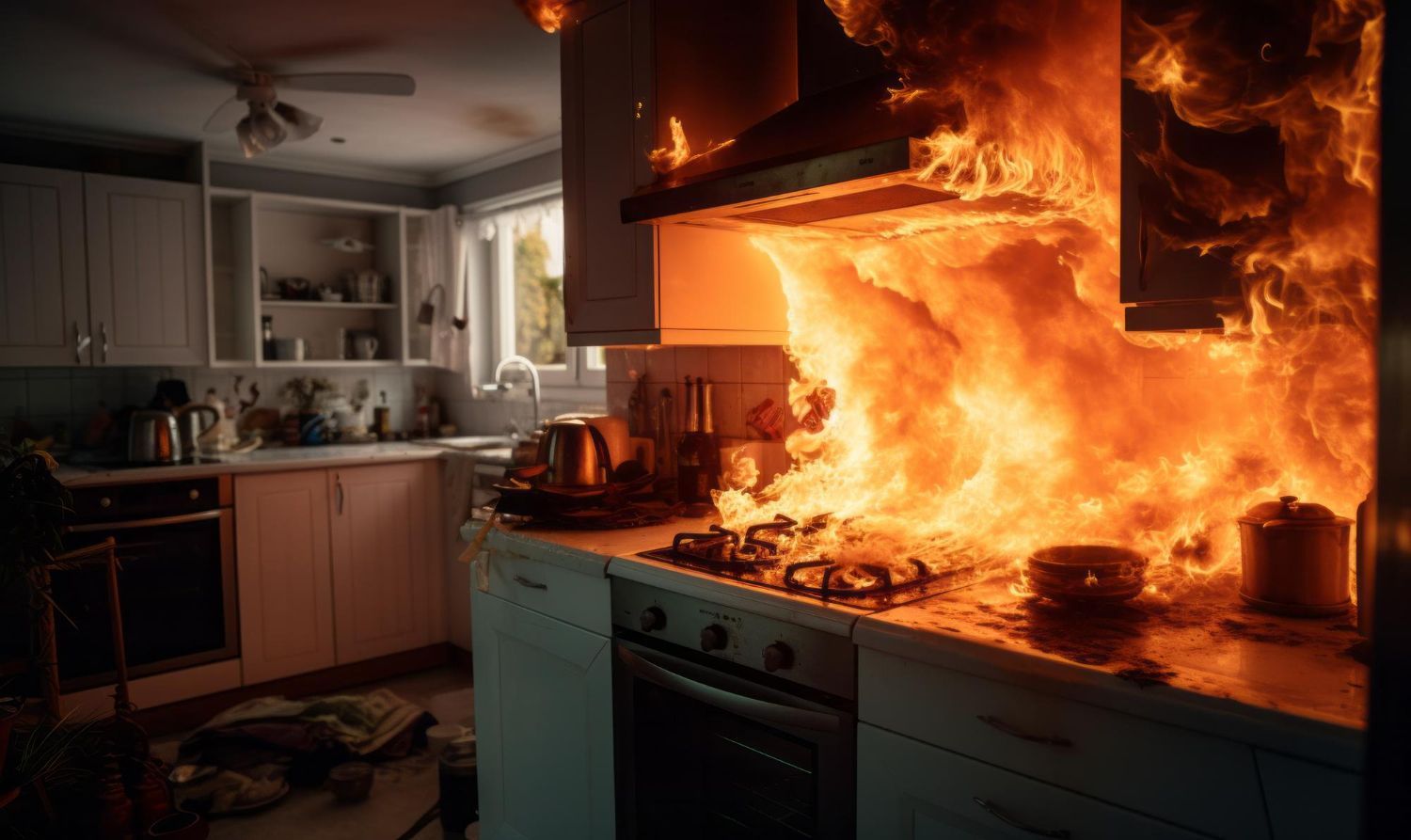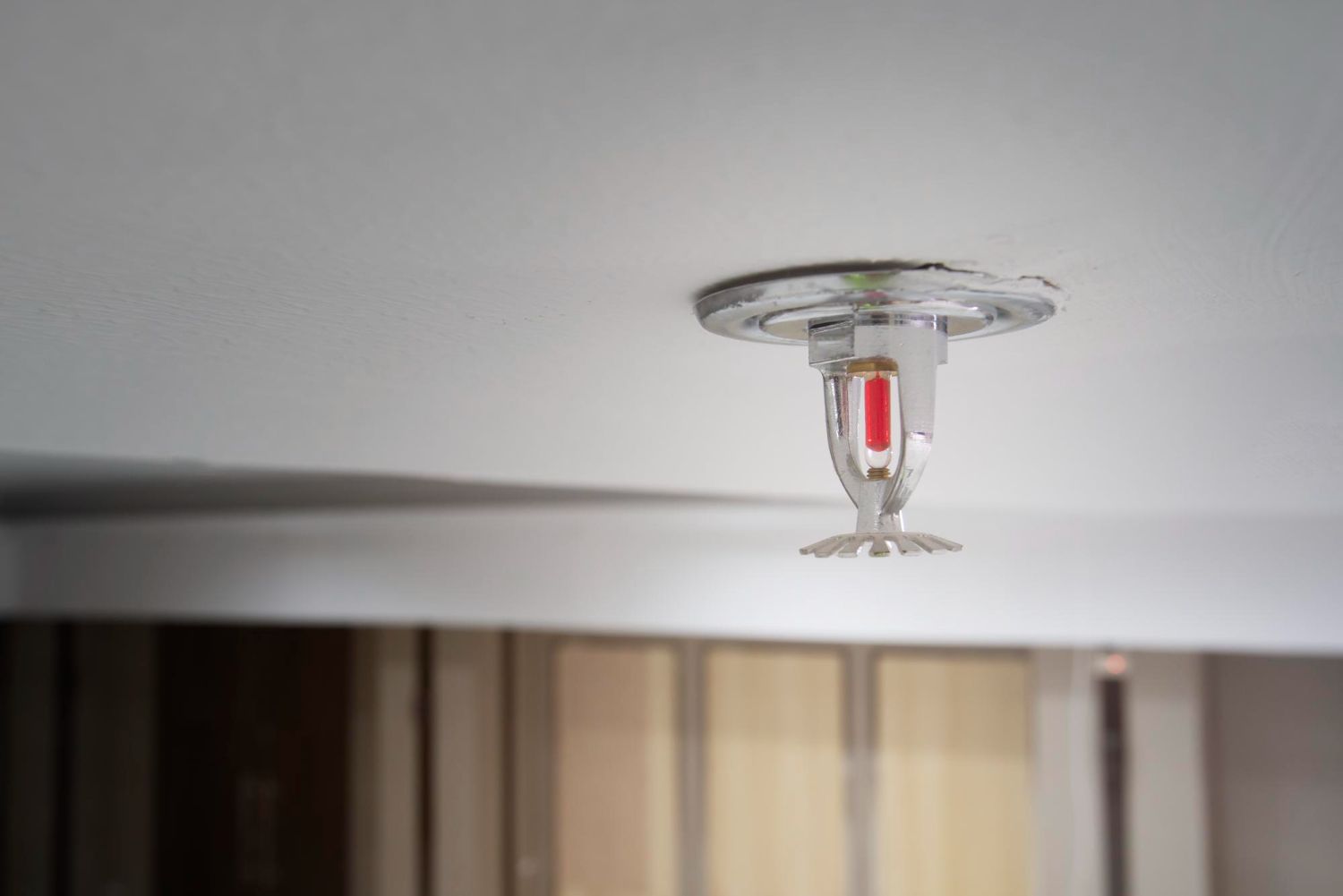Protecting your important documents/records from water damage!
Why you need to protect your important documents/records from water damage in Central Houston!
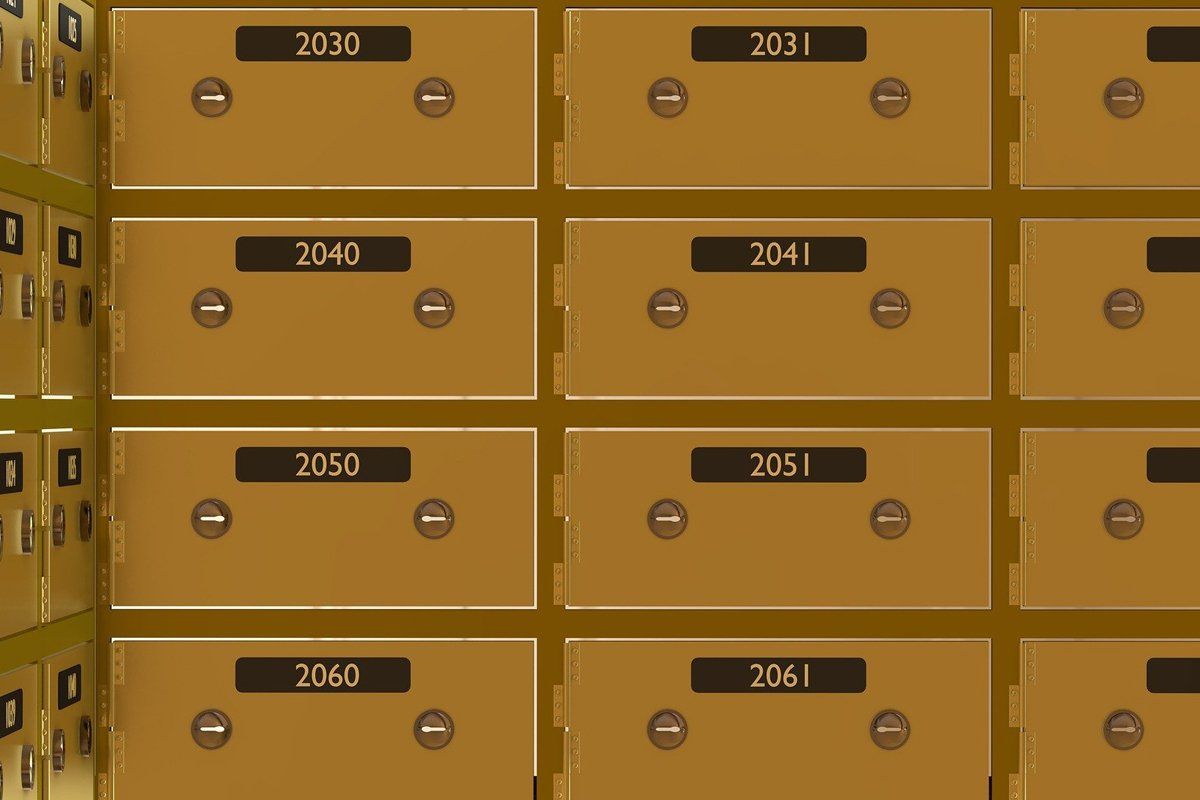
Do you have all of your home’s essential documents in one place in your home? Are they protected? During any kind of disaster or emergency, such as fires, floods, or storms, documents can easily be lost leaving it harder to recover your household goods. You should develop a plan for recovery and management so you can keep your documents safe before a disaster occurs.
A disaster is stressful enough without trying to find the documents to put your life back together.
What should you include in your safe document emergency box. These important documents will help you prove your identity, access your finances, file insurance claims, pay bills and other essential actions. When changes in these documents occur, make sure to update your document emergency box as well. How will you store your documents? Keeping documents off the floor in the case of water damage or in a fire proof cabinet in case of fire should be taken into consideration.
What kinds of documents are considered your most valuable records?
First and foremost, who are you? Your identity is the most important. Birth certificates, drivers license, social security cards, passports, military documents, citizenship papers, marriage certificates, divorce decrees, professional licenses, child custody agreements and adoption papers.
What kinds of property do you own? Vehicle registrations, mortgage documentation, real estate deeds, rental agreements, inventory of household goods, titles, certificates of authenticity, and maintenance records.
What are your financial concerns? Bank statements, insurance papers, loan papers, credit cards, retirement/brokerage accounts, stocks and bonds certificates, tax records, account information and passwords.
Medical records including immunization records, disability documents, health insurance cards, medical power of attorney and prescription/medications information.
Who needs to be contacted in case of emergency? Doctors, family, banks, utility companies, friends and other similar information.
The documents you need to protect is most likely long and very personal. You should also include all items that are valuable to you including family records and photographs, books, collectable cards/certificates, wills, sentimental writings and personal journals.
Where do I store such documents?
Secure offsite storage like a bank vault or safety deposit box can be a great place to store original documentation and valuables. You can keep copies in other locations, but it’s important to keep the originals secure.
Digital copies can be scanned and stored off site on external drives/flash drives, and uploaded to secure cloud storage where you can access them from anywhere.
Electronic documents need to be backed up on a regular basis, especially if you add additional information.
Disaster resistant filing cabinet if you need to keep documents on site are a must. They should be resistant to water, fire and impact resistant. The most important documents should be kept in a portable unit so you can grab and run if you have an emergency.
Wherever and however you decide to store them, just do it.

